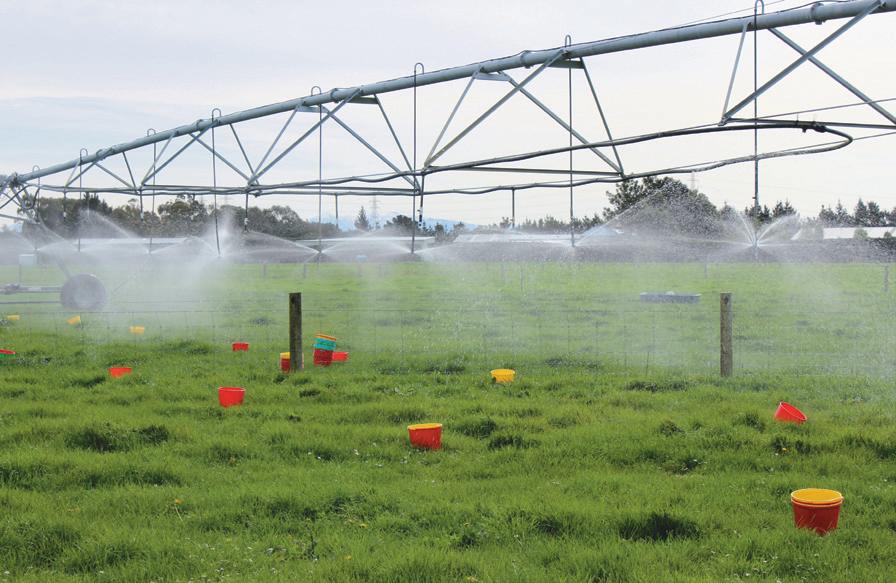
3 minute read
Doing it the right way
by Ruralco
WORDS & IMAGES PROVIDED BY ADRIAN BOWEN, ADVANCED VEHICLE TRAINING
IT DOESN’T MATTER WHAT YOU DO ON THE FARM, DOING THE TASK THE RIGHT WAY TO MEET BEST PRACTICE IMPROVES STANDARDS AND EFFICIENCY.
Advertisement
What is Best Practice?
According to the dictionary “best practice (noun) is commercial or professional procedures that are accepted or prescribed as being correct or most effective.
It is a method or technique that has been generally accepted as superior to any alternatives because it produces results that are superior to those achieved by other means or because it has become a standard way of doing things”. We may all agree that’s what we want and what we do, but regrettably when it comes to our light 4wd’s, LUV’s (side-by-sides) and Quad bikes on farm, the stats from ACC and Work Safe NZ speak for themselves.
How do we improve?

Besides following the many other recommendations on work safe information sheets, they all advise to get some formal training. There is no substitute for quality training. Like anything in life, if we want to get better and more skilled, whether it be at sport, farming or business practices etc, we need training from recognised organisations or persons to enhance our strengths and improve on areas we may be lacking in. Training courses run by recognised training providers are the best option to make sure people learn the right techniques and have best practices in place. Often the kiwi way is “I got taught by so and so, who got taught by so and so”, and we pass this experiential knowledge down, often not recognising the bad habits we have passed on. In some cases, we learnt by being thrown in the deep end, handed the keys, given a quick brief and away you go. Although learning through doing is beneficial, having the right fundamental (best practice) skills to build upon starting out, makes for a more accomplished operator in the long term. I know, I grew up and have worked on farms. That’s what led me into getting into training many moons ago to better equip people to safely operate vehicles with best practices On and Off-Road.

Often people who attend courses have good ability, but it’s the habits and lacking techniques that can often only be identified by trainers who have an expert eye to see these things. By rectifying these areas, safety of the individual is enhanced. Ask yourself: would you fly a plane or ask anyone to fly you with no recognised training? The benefits of quality training include:
Efficient procedures for vehicle checks;
Capabilities and limitations of your vehicle/s;
Understanding the technology, functions, and modes of your vehicles correctly; Reading terrain and ground composition to maximise traction; Safety margin risk assessments before navigating varying terrains; Driver / rider techniques and practices for safer negotiating of terrain; Understanding dynamic stability and how to minimise this, including load and trailer safety; What to do before it goes wrong; Confidence;
Best practice techniques to build experience upon.
Keep it current.
So, you did a course 5+ years ago. Attending a refresher course every few years is beneficial, not only to brush up any skill fade or bad habits that may have crept in, but also to better understand your current vehicle in this age of rapidly advancing vehicle technology this includes quads and side-by-sides. You and your team might just walk away from training realising you got more from it than you thought, along with improved knowledge of best practices. Adrian Bowen is the Specialist Rural Vehicle Training Team Consultant & Manager for Advanced Vehicle Training.













